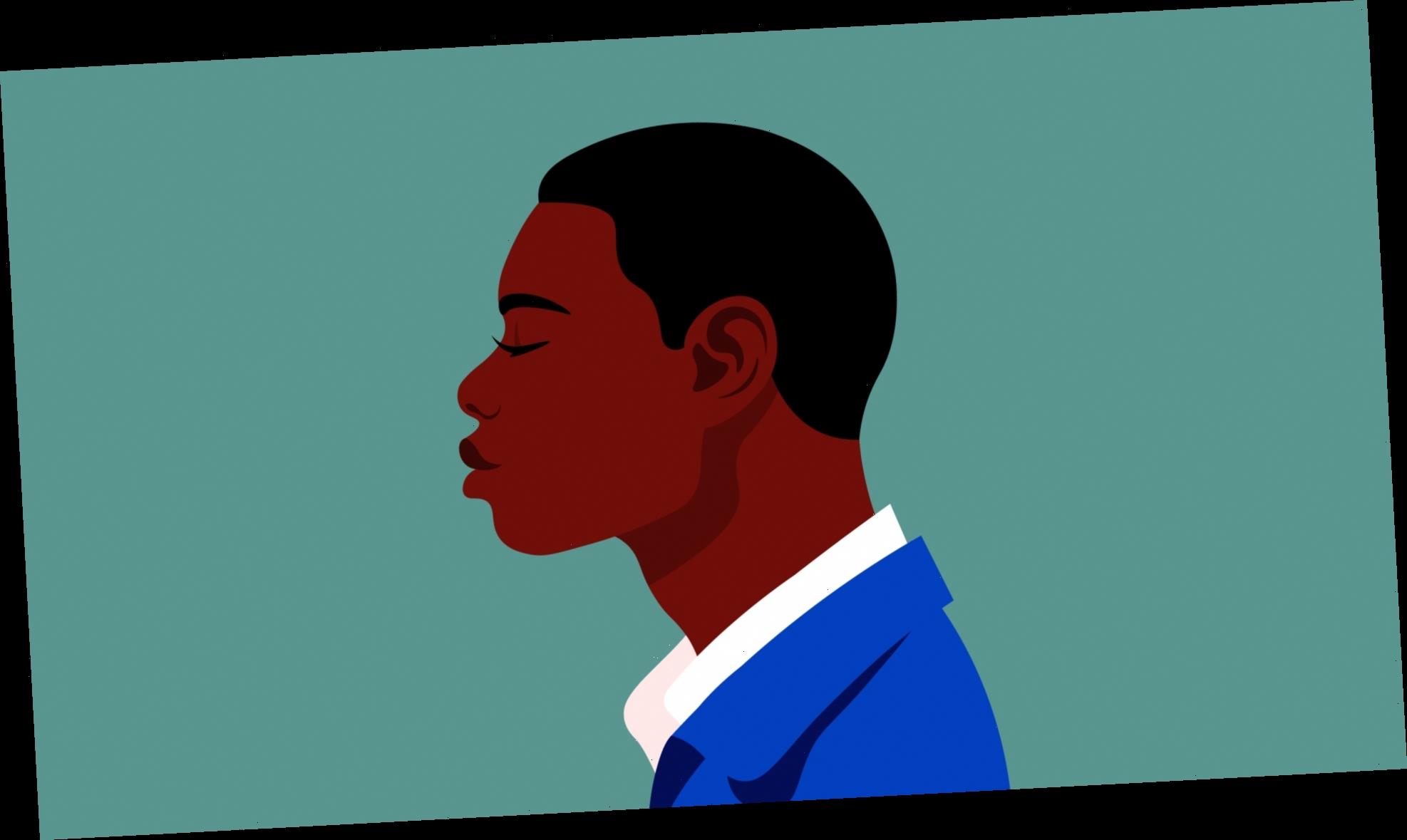My son is brown. Dark-brown-sugar-left-on-the-stove-to-caramelize brown. He is short and muscular, with a wide back and a high, track booty like his dad. He is deep-voiced despite his mere five years. He’s full of gumption, eye rolls, and head cocks, with a smart mouth and lip smacks. He is expressive.
“That really hurts!” He yelled at the nurse when he got his shots.
“Don’t pull on me!” He protested when I yanked him in the car.
He doesn’t know that all these things about him are what innately, unconsciously, unawarely, put him in danger. They make him endangered. But I know. After all, he is my son.
Mylen. His name means gracious, dear one, or Gift of God. In this country, I know he will only be seen as such to me, his father, and his family. Yet I don’t want him to know this unfortunate truth. I don’t want him to know the limitations that have been set on his life simply because genetics, ancestry, and my choice in whom to love, preternaturally predetermined for him to be born Black and male. A Black boy who may only be seen as such for a few more years.
But despite all this knowing, all this perception in the face of systemic oppression, I am still raising him to be fearless, and free.
We live in Jacksonville, Florida. The city, where in 2012, 17-year-old Jordan Davis was killed on Black Friday at a gas station after an argument over loud music by a privileged, racist white man. Months earlier, 17-year-old Trayvon Martin was killed in Sanford, a 90-minute drive south of Jacksonville. In April 2020, Ahmaud Arbery was killed in Glynn County, Georgia, a 90-minute drive north of Jacksonville.
I know intimately the unrest that is awakened when a Black body is forced into death. We’re seeing it right now across the country and around the world. The gripping fear that takes hold in a mother’s soul when she sees the news about the murder of someone else’s son, who reminds her of her son — my son. There is a saying in the Black community: Mothers pray their sons will make it to the age of 25. The hope is that somehow, alchemy intervenes after the 25th trip around the sun — that then, stray bullets, gang confrontations, and the second-class conditions that ghettoize any community where Black people live will no longer be a weapon that prospers.
These would have been my concerns if I still lived in the Southside of Chicago, the neighborhood of my origin. These would be my concerns if I lived in the Black neighborhoods of Jacksonville. But even though, “I’ve moved on up,” the fears I feel regarding the longevity of my son’s life have not let up.
Suburban sprawl in a meticulously pre-planned community: That’s where we dwell. We have a neighborhood watch. There are only three other Black families on our block. My son will go to a good school that reaps the benefits of our zip code and our property taxes. In that school, where he will start Kindergarten in the fall, he may be othered, labeled, ostracized, and deemed a problem child. I am not trying to speak negatively of my son; I simply understand the stakes he will face. Yet, against all these odds, I want him to know he can do anything, be anything, go anywhere, and say anything.
At the park, I beam as he climbs the chain-link fence, glowing with pride at his feat. At home, I allow him to express himself as long as he is respectful. I watch with lax eyes as he runs up and down our block “training” for a race against his imagination. I stand in awe when we play baseball in our backyard and he hits the ball to our roof, or over the neighbor’s fence.
There is power in his body, curiosity in his mind, swag in his demeanor, love in his heart, affection in his hug, tenderness in his kiss, and joy in his soul. I do not relish the day that we will have “the talk” about what he is, and what that means to others who don’t look like him. I do not look forward to impressing upon him that his very existence is a threat, and that every second he draws breath is grace and mercy from those who can weaponize their false, fresh white tears against him. I do not want to tell him that even though his father wears blue and served in the Marine Corps, this does not keep him safe.
Mylen will live the majority of his life knowing that the essence of who he is will be disregarded because of how he presents in the world. That his Blackness and maleness is an affront to the descendants of colonizers, Columbusers, enslavers, and public liberals/closet Karens. There will be plenty of time for him to get to know the fear associated with passing police cars. He will have all of his life to learn the hurt when a white woman clutches her purse, or a white man sneers the word “boy.”
For now, this is our time. Before I instill him with fear, I want him to know what it is to be free. This could very well be the last time he knows such a feeling.
Help young kids of color feel seen with these beautiful Black and biracial dolls that are gorgeous and important.
Source: Read Full Article





